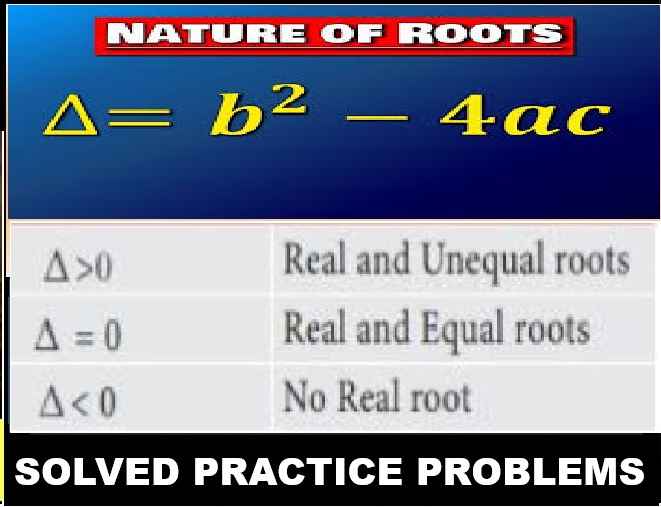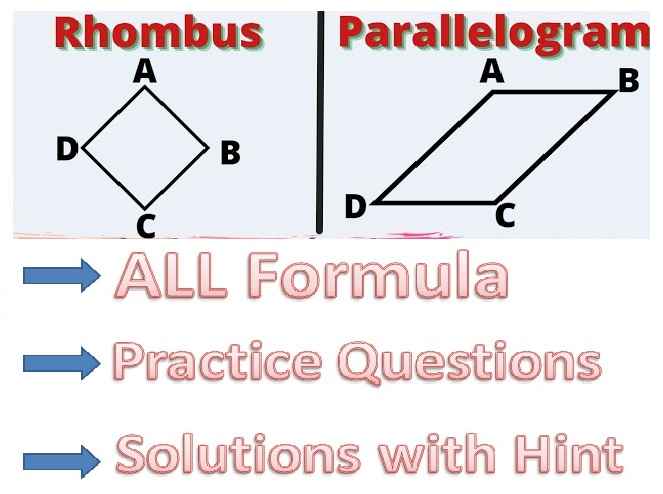Macbeth Act-1 Scene-7 Context Questions: ISC Class 11 Workbook Solutions of Eng Drama. Context Questions are very common in English Drama because it help in the evaluation of skill among students. Visit official website CISCE for detail information about ISC Board Class-11 English..

Macbeth Act-1 Scene-7 Context Questions: ISC Class 11 Workbook Solutions of Eng Drama
| Board | ISC |
| Subject | English |
| Class | 11 |
| Book Name | Macbeth |
| Session | 2025-26 |
| Topics | Workbook Solutions of Act-1, Scene-7 |
| Question Type | Context Questions |
Context Questions
Macbeth Act-1 Scene-7 Context Questions: ISC Class 11 Workbook Solutions of Eng Drama
Que: Read the extract given below and answer the questions that follow
If it were done …… …….. …….. to our own lips
Que-1: What is the main theme of Macbeth’s soliloquy?
Ans: The main theme of Macbeth’s soliloquy is the worry of murder and the consequences of such an act. He is considering the murder of King Duncan and the possible result, both earthly and supernatural. Macbeth is aware that his actions will have consequences and that he might be setting a violent example that could come back to haunt him.
Que-2: What conclusion does Macbeth come to at the end of his soliloquy?
Ans: Macbeth concludes that the only thing motivating him to commit the murder is his own ambition, which he recognizes as a dangerous force that could lead to his own downfall.
Que-3: What does Macbeth’s willingness to face the prospect of damnation portray about his character?
Ans: Macbeth’s willingness to face the prospect of damnation portrays his character as deeply struggle. He desires power, but he also recognizes the moral consequences of his actions. His thinking of rebuke shows his understanding of the seriousness of the crime he planned.
Que-4: What is the meaning of ‘poison’d chalice’?
Ans: The ‘poison cup is a metaphor used for the consequences of murder actions. Macbeth know that someone likely to suffer the consequences of those actions themselves.
Que-5: What are the strong reasons that Macbeth considers against the murder?
Ans: Macbeth strong reasons against the murder are that he recognizes that he is Duncan’s relative hence he should be protecting the King. He also thinks that Duncan is host. Macbeth knows that Duncan has been a humble and kind leader, at last, Macbeth agree that he lacks any motivation to commit the crime beyond his own unchecked ambition.
Macbeth: And pity, like a naked new born babe, ……. ……… ……… That tears shall drown the wind.
Que-1: What are Macbeth’s feelings and reservations against the killing of Duncan?
Ans: see just above que-5
Que-2: Why will pity plead for Duncan’s murder? What does this portray about the traits of Duncan as a king?
Ans: Pity will plead for Duncan’s murder because Duncan is picture as a humble leader. His qualities are so admirable that his virtues will “plead like angels, trumpet-tongued, against the deep damnation of his taking-off.”
This portrays Duncan as a king who is not only fair and just but also loved and respected. His murder would be seen as a cruel act, stimulating a strong emotional response.
Que-3: What spurs Macbeth to do what he would rather not? Which figure of speech does Macbeth use in the extract? Explain.
Ans: Macbeth is provoke to commit the murder by his ambition, which he describes as “vaulting ambition. This is a metaphor where Macbeth compares his ambition to a horse that jumps too high and falls on the other side.
Que-4: Who enters the scene after the extract? What important role does the person play in motivating Macbeth to commit the murder?
Ans: Lady Macbeth enters the scene. She plays a crucial role in motivating Macbeth to commit the murder by questioning his manhood and courage, and presenting a detailed plan to murder King Duncan.
Que-5: Do you consider the person to be the Fourth Witch in the play’? Give reasons for your answer.
Ans: The Lady Macbeth consider as “Fourth Witch”. I think so due to her manipulative nature like the witches. She is the one who persuades Macbeth to murder Duncan and capture the throne, and she even calls on supernatural forces to fill her with cruelty.
Lady Macbeth: Was the hope drunk, …….. ……. … As thou art in desire?
Que-1: What has Macbeth said for Lady Macbeth to utter these words?
Ans: Macbeth tells Lady Macbeth, “We will proceed no further in this business. He hath honored me of late, and I have bought golden opinions from all sorts of people.
Que-2: How does Lady Macbeth try goad to play on the emotions of Macbeth to him to commit the murder?
Ans: Lady Macbeth tries to stimulate Macbeth into committing the murder by questioning his manhood and courage. She asks him if he was drunk when he seemed so hopeful before and if he is afraid to act the way he desires.
Que-3: What examples does she cite to show her resoluteness? What does she say about the “ornament of life?
Ans: Lady Macbeth cites a awful example to show her confirmation. She says that she would have plucked her nipple from a nursing baby’s mouth and dashed its brains out if she had sworn to do so the same way Macbeth has sworn to murder Duncan.
the “ornament of life” refer in Lady Macbeth conversation with Macbeth, where she is trying to convince him to go ahead with their plan to murder King Duncan.
Que-4: What three questions does she ask her husband?
Ans: The three questions are: “Were you drunk when you seemed so hopeful before? Have you gone to sleep and woken up green and pale in fear of this idea? Are you afraid to act the way you desire?”
Que-5: Does Lady Macbeth truly lack feminine traits? Give reasons to support your answer.
Ans: Lady Macbeth truly lacks feminine as she does display traits that were traditionally considered “unfeminine” in her time, such as ambition, ruthlessness, and a willingness to use manipulation and deceit to achieve her goals. She even calls on supernatural forces to “unsex” her and fill her with cruelty.
Macbeth: If we should fail? …… …….. A limerick only.
Que-1: When Macbeth wonders if they should fail, what are his fears at that moment?
Ans: Macbeth fears at that moment are about the consequences of their actions. He is worried about the potential fallout and the moral duty of their plan to murder King Duncan.
Que-2: Fill in the blanks in the extract.
Ans: journey, chamberlains, wine, wassail.
Que-3: What are Lady Macbeth’s plans?
Ans: Lady Macbeth’s plans are to get Duncan’s two chamberlains drunk so that they will be unable to remember anything. Once they are unconscious, she and Macbeth will have the opportunity to murder Duncan without being detected and blame the murder on the chamberlains.
Que-4: What are Lady Macbeth’s assumptions about ‘memory’ and brain’?
Ans: Lady Macbeth’s can be manipulated. She believes that by getting the chamberlains drunk, their memory will become a “fume,” and their ability to reason will be reduced to a mere distillation apparatus . In other words.
Que-5: In what way are Lady Macbeth and Macbeth different from each other in their attitude regarding the murder of the King?
Ans: Lady Macbeth is more ruthless and determined, while Macbeth is more hesitant and conflicted. Lady Macbeth is ready to go to any lengths to achieve their goal, including manipulating Macbeth and planning the details of the murder. On the other hand, Macbeth, despite his ambition, is plagued by guilt and fear about the consequence of their plan.
— End of Macbeth Act-1 Scene-7 Context Questions: ISC Class 11 Workbook Solutions :–
Return to :– Macbeth ISC Class -11 Drama Workbook Solutions :–
thanks
Please share with your friends if helpful


